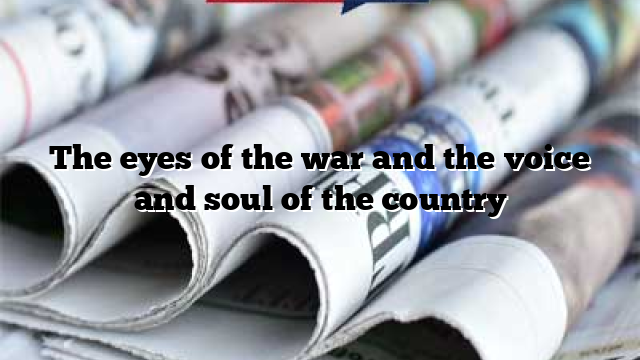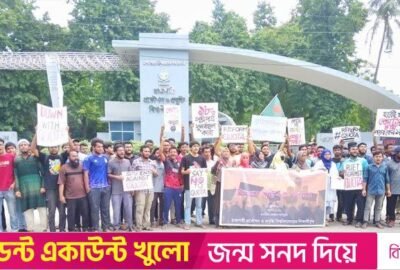The eyes of the war and the voice and soul of the country
More than 250 local journalists from cities and towns across Ukraine as well as international human rights advocates and government officials gathered here today along with scores of international journalists for the second annual Bucha Journalism Conference titled “Tipping Point: Journalism and the all-out war on truth.”
The attendees gathered in an amphitheater in the central park in the city of Bucha, which became a symbol of war crimes by Russian forces in the earliest days of the full-scale invasion in 2022. Now, Bucha stands as a living representation of the fierce determination of Ukraine to rebuild from the trail of destruction and death that Russian troops left here.
There is a palpable defiance and resilience here in the third year of fighting since the 2022 invasion in a war that as everyone here will quickly tell you truly began ten years ago with the Russian assault and occupation of Crimea. In opening the conference Sevgil Musaeiva, the editor-in-chief of Ukrainska Pravda, which is a GroundTruth partner newsroom through our program Report for the World, said, “We are the eyes of the war and the voice and in some ways the soul of the country.”
Evidence that the war is raging on was made loud and clear today when an air-raid siren sounded as the journalists gathered here were receiving text alerts of Russian attacks in the city of Kharkiv in the northeast and as the whole country was holding its breath while waiting for the newest round of military aid to arrive to defend against a rising fear that Russia is trying to seize this moment to brace for more concentrated attacks. The all-clear came soon after the sirens, and the conference continued on, but the reports from the front kept coming that a new day of intense fighting was unfolding.
Safety for journalists in the field was a primary concern here as the war grinds on. To date, 17 journalists have been killed covering the war since early 2022. There is a need for more protective equipment, such as Kevlar vests and helmets, and first-aid training and more first-aid kits.
The speeches and panel discussions here at the conference, which was sponsored by Ukrainska Pravda and Ukraine’s Media Development Foundation, also explored how the international community is in many ways turning its focus away from Ukraine, and showing a fatigue for war coverage. But there was no such fatigue here as journalists shared the intensity and urgency of documenting war crimes and fending off assaults on journalists in the field and often on truth itself.
The journalists here discussed the difficult balancing act they face in simultaneously covering the war against their country while also paying attention to the ongoing allegations of corruption by the Ukrainian government and its response, which too often attempts to try to discredit and threaten journalists who are revealing the misuse of funds by the government and particularly by the scandal-plagued military leadership.
But of all the themes addressed at the Bucha conference, the one that stood out was the importance of local news organizations in this war as they are the ones who serve communities on the front lines and they are the closest to the stories that reveal the layers of corruption.
Oleg Derenuga, head of Nikvesti.com, a local news organization based in the southern town of Mykolaiv, near Kherson, said, “It is incredibly important that this conference is focusing on local news here, and to think of the local angle on freedom of speech.”
“Fear among local journalists is greater, I believe, than that of the national journalists based in Kyiv,” he explained. “We live closer to frontline and we feel the pressure from law enforcement officials who want to restrict our ability to report.”
Nikvesti.com, which was established fifteen years ago, has 20 employees, eleven of whom are local reporters, and they receive funding from the Media Development Foundation for training on how to improve their business model. They also work with BBC Media Action, a local news initiative of the BBC, which is supporting their coverage on land mine safety.
But one of the greatest challenges, Derenuga said, was the intimidation they face from the government and law enforcement officials in their region when they report aggressively on the fighting and on allegations of corruption.
“They think if we are critical that we will make the war effort weaker, and it creates a kind of self-censorship that we have to try to resist,” he said.
“The rebuilding effort will be across the country and it will require that those of us in local media shine a light on these efforts. The national media from Kyiv will not see this story as closely as we do, and will not be in as good a position as we are to provide real news on the effort, whether it is really working,” he explained.



